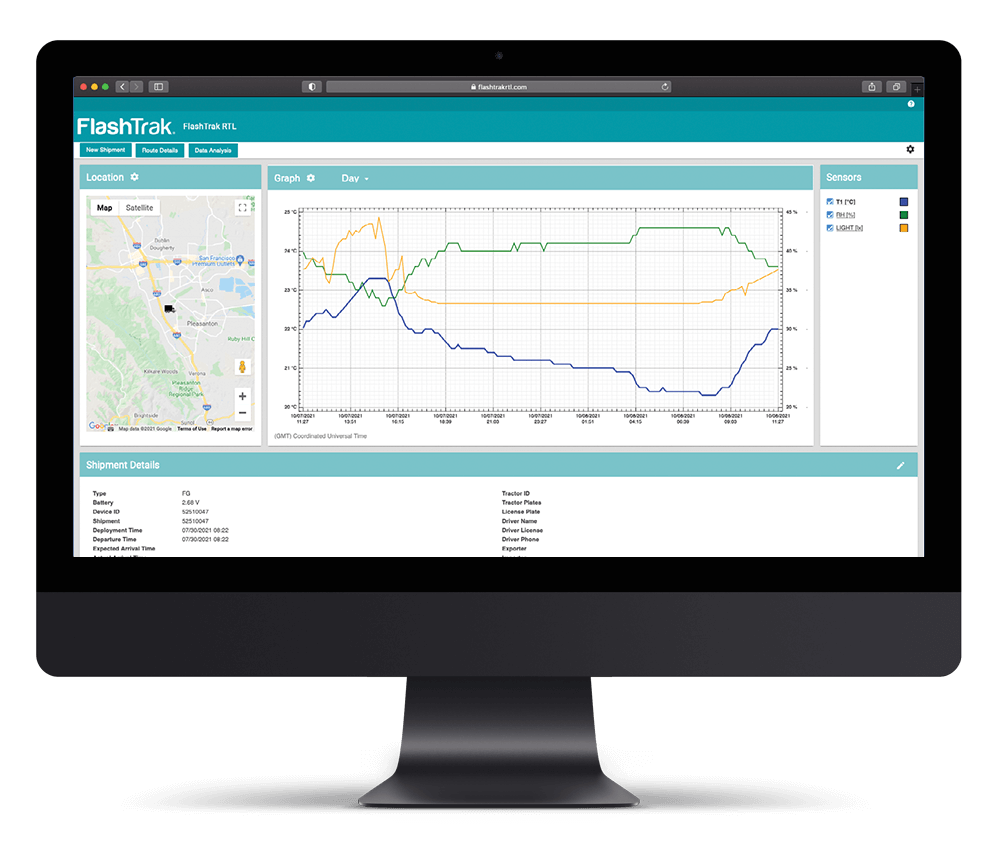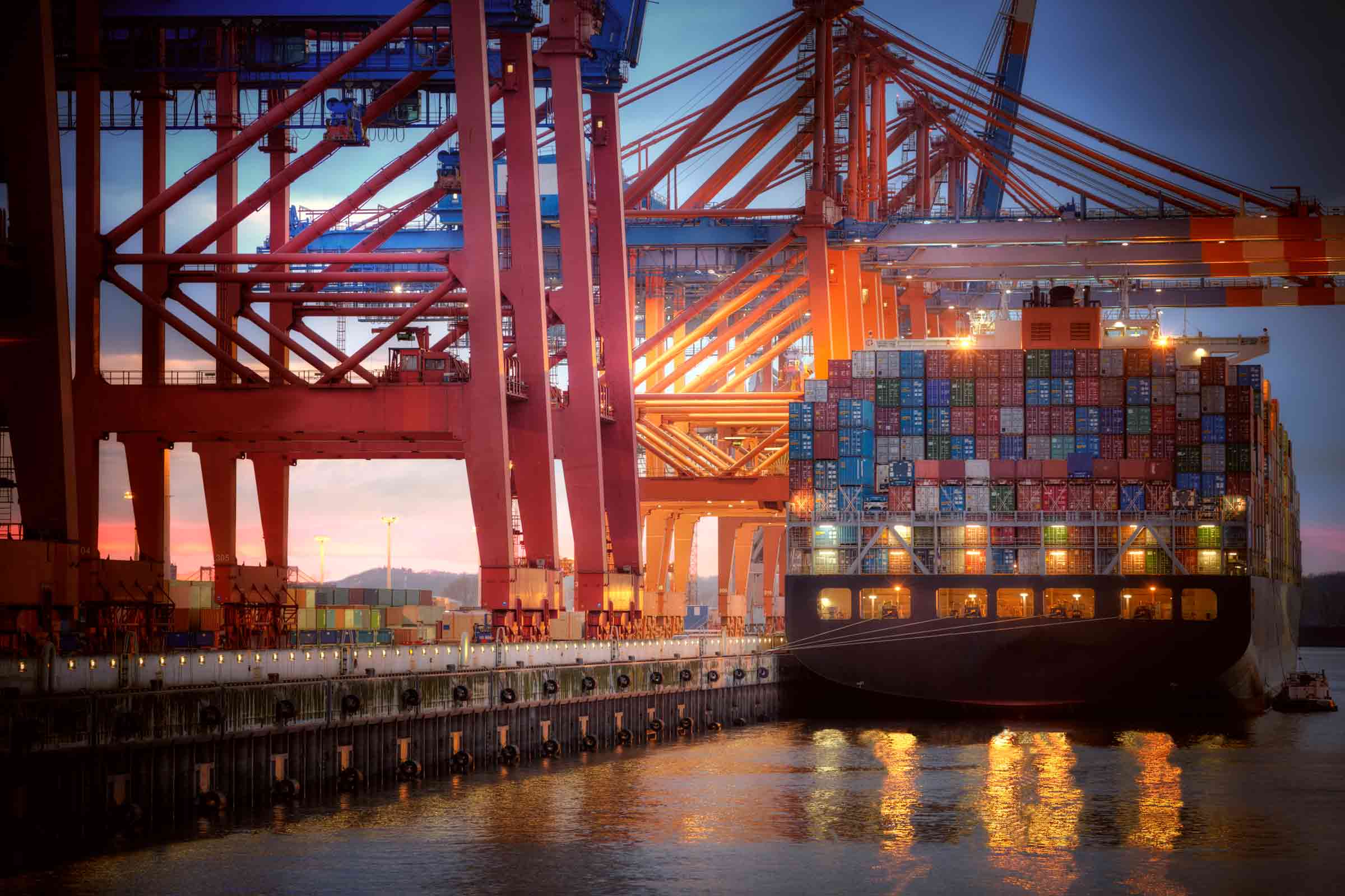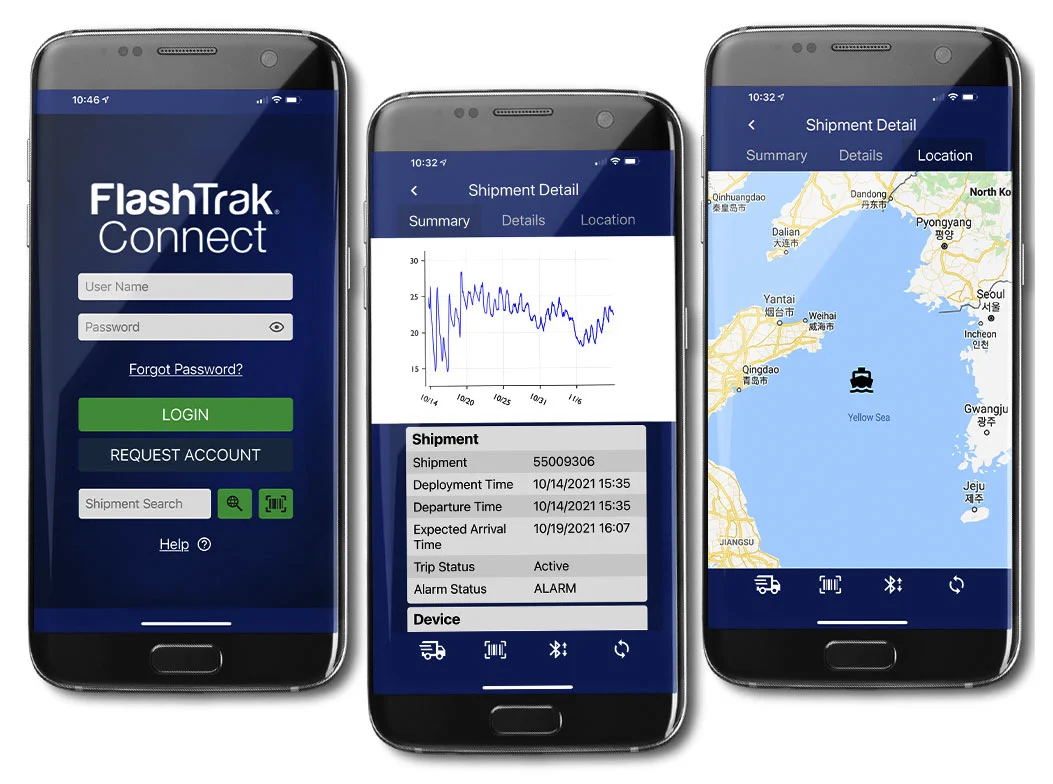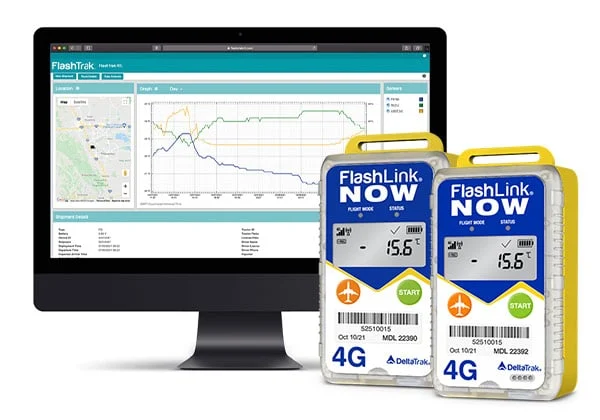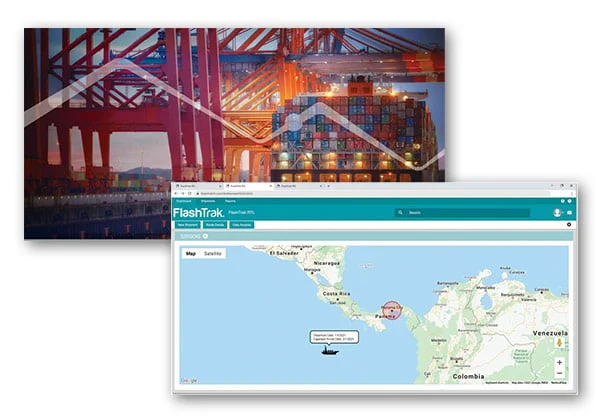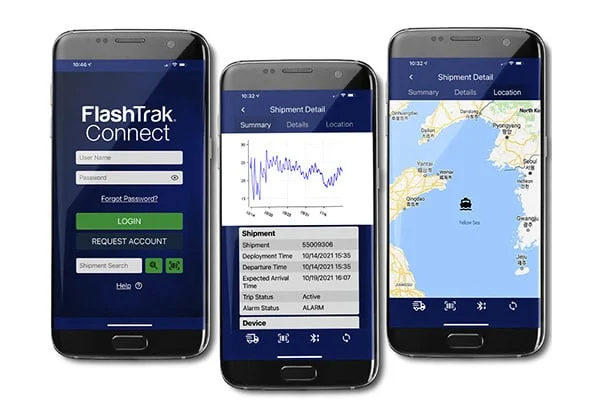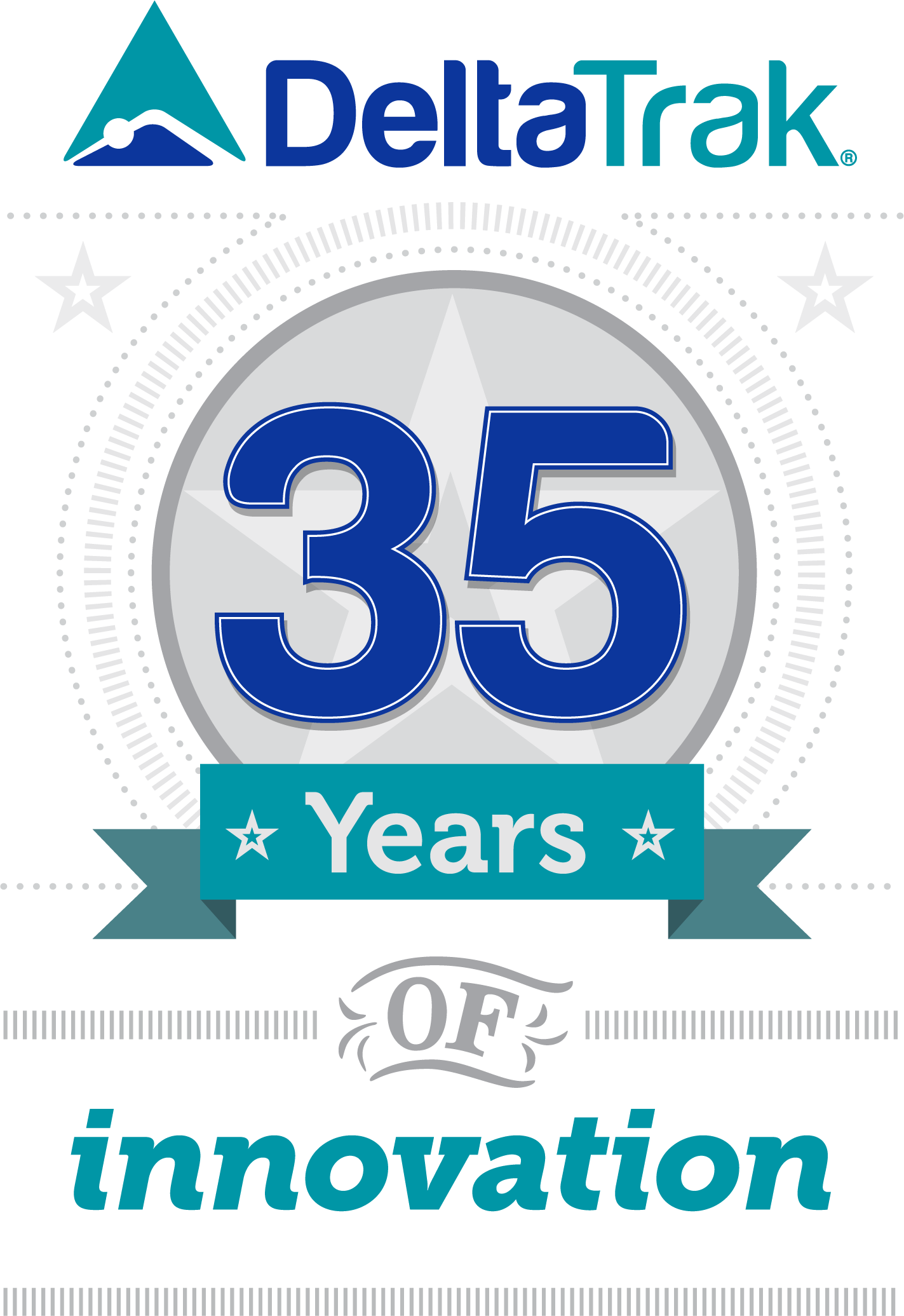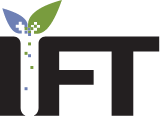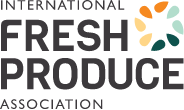
DeltaTrak 庆祝园艺界女性

“国际妇女节 “是 “全球庆祝妇女在社会、经济、文化和政治方面所取得成就的节日,是对加速实现妇女平等的行动号召”。在整个三月(妇女历史月),DeltaTrak 将庆祝我们乐于支持的一些企业中的女性。我们将与在不同岗位上工作并拥有深刻见解的女性进行交流。
我们的第一位访谈对象是莎伦-柯克(Sharon Kirk),她是 Hortinvest Ltd 的联合创始人,这是一家樱桃种植和园艺管理公司,由柯克女士和她的丈夫于 2016 年成立。早年,莎伦就发现自己对切花和植物情有独钟。她追寻着这份热情,获得了园艺科学学位,成为了一名园艺师、科学家和营销人员。
Hortinvest 位于新西兰南岛的奥塔哥地区,自称是园艺专家,在新西兰樱桃和杏供应链的各个方面(从果园到包装车间再到出口客户关系)拥有独特而具体的经验。
新西兰历史上的一件趣事是,1891 年,新西兰成为第一个赋予妇女选举权的自治国家。
您为什么创办 Hortinvest?
其实是我的丈夫,但我们都有一技之长。他是开发商/种植者/果园经理,而我的技能是物流和营销。我们拥有的技能使我们能够做我们所做的事情。我丈夫有一套技能,我有另一套技能。我们都了解对方的工作。我对果园的运作非常了解,而他对物流和营销也非常了解。我们的果园是完全一体化的。我们进行规划、开发、种植,并管理一个员工团队。我们收获,然后经营物流、包装和营销。我们开始创业是因为我们看到了在中央奥塔哥创业的机会。这是一个合适的机会。这从来都不是一件容易的事。这就像坐过山车一样。你必须忍住,然后说:”我们要开始一段旅程了。
太棒了。丈夫和妻子能一起工作的情况并不多见。这一点值得称赞。 That’s great.
它具有挑战性(笑)。这很好。大部分时间他在野外,我在办公室。我花一些时间和他一起出外勤,他花时间和我一起去市场。我们的客户都知道我们是一个怎样的团队。从供应方来说,他们也都知道我们是一个怎样的团队。这很有效。他有他的长处,我有我的长处。当你把两个人放在一起时,他们作为一个团队就会变得更强大。你不可能一个人完成任何事情,对吧?你身边必须有一个团队。我们有几个来自合作公司的优秀董事会,他们支持我们。我们有一支出色的团队/员工。我们有支持我们的优秀供应商。我们有支持我们的股东。还有我们的家人。这绝不是一个人的旅程。你需要身边的这些人从专业角度和个人角度支持你。
作为一名女性,在这个行业中是什么感觉?
我在这个行业已经工作了 35 年。35 年前,甚至 25 年前、20 年前,都要困难得多。我们最初的很多业务都在日本。我会说日语,因为我在日本生活过一段时间。听着,在这个行业做女人并不难。你得了解你的东西,你得知道你是做什么的。你要知道你有好的产品,你要在这里把它卖出去。在发展过程中,我们筹集了 3000 万美元资金,去年又从银行筹集了 1500 万美元。你必须马上跳进去做。你必须相信自己。你必须踏上学习之旅。你必须保持学习的心态。你只需要忠于自己。
您认为贵行业目前面临的最大挑战是什么?
现在–劳动力。人们涌入这个行业。我说的不是采摘的人。我指的是真正了解我们这个行业的人,了解这个行业有多棒。人们往往认为园艺就是采摘水果或包装水果。其实,从招聘到财务管理、包装车间管理、质量控制、营销、物流,园艺业无所不包。果园方面,比如管理果园。这个行业可以赚很多钱。只是人们不知道而已。我想他们不知道是因为我们不善于谈论它。但是,樱桃产业和园艺产业都是一个非常好的行业。我们的人口在不断增长,他们需要食物。如果不吃饭,我们就无法生存。人们需要水果和蔬菜。人们需要水果和蔬菜。
那么,吸引更多的人加入这一行业的解决方案是什么?
谈论我们的工作。它有多么神奇。别误会我的意思。这是一个艰难的行业。工作时间可能很长。压力可能很大。对于那些在这一行业中表现出色的人来说,这已经融入了他们的血液。这就是他们的工作。
在过去两年中,大多数公司都经历了重大的供应链问题。您在这方面遇到了哪些挑战?
我们遇到了供应链问题。樱桃必须用网罩起来,以防鸟、冰雹和大风。首先,(我们遇到的问题)是如何制作网罩并用船运到这里。当然,运费也上涨了。从中国运出产品可能是最容易的。到了越南和韩国就困难多了。我们的很多包装都是从中国运出去的。实际上,我发现从中国进货和以往一样容易。运费是个难题,因为你要等船。但如果你要订购,你必须在你认为需要的时候提前订购,因为你必须考虑到两三周的运输延迟。运费的增加一直是个难题。另一方面是缺乏将产品推向市场的空间。但新西兰的情况比较特殊。我们关了门。我们的政府在这方面管得很严。希望这些问题会逐渐得到改善。
DeltaTrak的产品如何帮助您缓解供应链问题?
我们一直在努力把水果从克伦威尔运到奥克兰。你必须把水果运过库克海峡。因为要乘坐渡轮,所以卡车要放在渡轮上。传统上,我们会在中途换卡车。我们的水果到达奥克兰时温度不合适。到达时的气温只有 11 或 12 度,这对樱桃来说实在不理想。因此,我们开始追踪出现这种情况的原因。我们使用了一些(DeltaTrak)记录仪来跟踪。然后,我们决定自己在这里装满一整车,也就是 24 个货盘,直接运到奥克兰,看看差别到底有多大。我们发现,通过跟踪货物,我们可以把冷藏的水果运到那里。如果车门不开,卡车保持低温,我们就能把水果冷藏运到那里。我们使用它的另一个目的与供应链无关,只是为了跟踪我们果园在花期的情况。
今年国际妇女节/妇女历史月的官方主题是 “打破偏见”,整个月都致力于向妇女致敬,彰显她们对当前社会的贡献,并庆祝妇女在历史上发挥的许多重要作用。
35年前,当我开始从事这个行业时,有8到10位女性担任与我类似的职位。我想现在还剩下五位与我年龄相仿的女性,她们在不同的公司担任着类似的职务。我鼓励任何女性都能在这个行业一展身手。这并不适合所有人。你必须坚强。你必须专注。你必须做好站起来的准备。园艺行业有很多男性,但也有越来越多的女性加入其中。女性也可以加入这个行业。我们可以做出宝贵的贡献。我们可以有所作为。这是我的热情所在。这就是要找到你热衷的事情。我可以跟你聊一整天园艺、樱桃、品牌和营销、我的客户、我的团队。因为我对自己的工作充满热情。我从来没有想过(我不说了)。我有时会想,”我不知道我是否能做到这一点”。但这时你需要身边有好的人。大家都依赖你去做,所以你真的别无选择。在一家公司,我有七个股东。在另一家公司,我有 83 个股东。我还有自己的公司。然后是我所有的员工还有我所有的客户。到什么时候我才能说 “好吧,我要让他们每个人都失望,然后离开”。这是一个压力很大的环境,我对自己和员工都有很高的要求。我不会为此道歉,因为如果你不对与你共事的人抱有期望,那么他们还有什么目标可言。如果老板没有期望,那么他们又该何去何从?
您认为当今女性企业主面临的最大问题是什么?
我认为这是女性自身的信念问题。我是董事会的一名董事,董事会中有三名会计师,而我不是一名会计师。我是一名营销人员、园艺家、科学家,以及其他所有的人。我坐在那里,看着他们,心想:”天哪!他们知道的比我多。他们比我强”。事实上,他们不是。所以,对我来说,要相信自己,努力向别人学习。不要孤立自己。向周围的人学习。作为企业主是非常孤独和寂寞的。你需要花一些时间在自己身上,利用导师并相信自己。
我不认为自己是一名企业家或女商人。我只是一个做自己喜欢做的事情的人。如果你有激情,那就追随你的激情。
对于打算进入您所在行业的年轻女性,您有什么建议?
当我还在读高中时,我学习了所有的科学课程,因为我想成为一名海洋生物学家。我还学了打字。这是我做的唯一一件好事,因为有了打字能力,我就有了工作机会。我想说的是,如果你看一个角色–以我的角色为例。我是总监、营销主管、首席执行官。这份工作很酷。我可以出差。工作时间很长。收入颇丰。我拥有自己的公司。很酷吧?所以,如果你觉得这很酷,而且这也是你想做的,那你就得准备好从底层做起。我的第一份工作是一家出口公司总经理的私人助理。上学时,我去找职业指导顾问,告诉她我想成为一名海洋生物学家。她看着我说:”你没那么聪明。你喜欢打字,应该考虑当个秘书”。其他人可能会说:”哦,好吧。”哦,好吧,我就当个秘书”。我说,”你说我做不了,但我要做”但是,学习打字的能力……当我去出口公司应聘时,并不是为了秘书的工作。但他们说,”我们现在没有适合你的工作 但你为什么不来做总经理的私人助理呢?” “然后一旦有机会,你就可以上岗了”所以,你必须做好从基层做起的准备。你必须做好学习的准备。你不需要自己创造所有的想法。我所做的,就是看着与我共事的人,然后说:”他的想法很好。”他的东西也很好”于是,我就采用了这种方式。我不是一个创新者。我是一个采纳别人好想法的人,我把它们组合在一起,并尝试让它们为我所用。
我想我的建议是:这是一个很酷的行业。你可以赚很多钱。这真的很令人兴奋。你可以去旅行。但要做好从基础平台做起,然后一路向上的准备。
我们很高兴与 Hortinvest 的 Sharon Kirk 交谈。了解我们的客户和他们的业务总是一件令人愉快的事。DeltaTrak提供的产品和服务能够帮助我们的客户实现他们的目标,这一点也很重要。敬请关注我们下一期的妇女历史月访谈。
参考资料 2022年国际妇女节,https://www.internationalwomensday.com/, accessed 2/25/2022 “妇女与投票:第 1 页–导言”,新西兰文化和遗产部新西兰历史、研究和出版集团,https://nzhistory.govt.nz/politics/womens-suffrage, accessed 2/25/2022.

